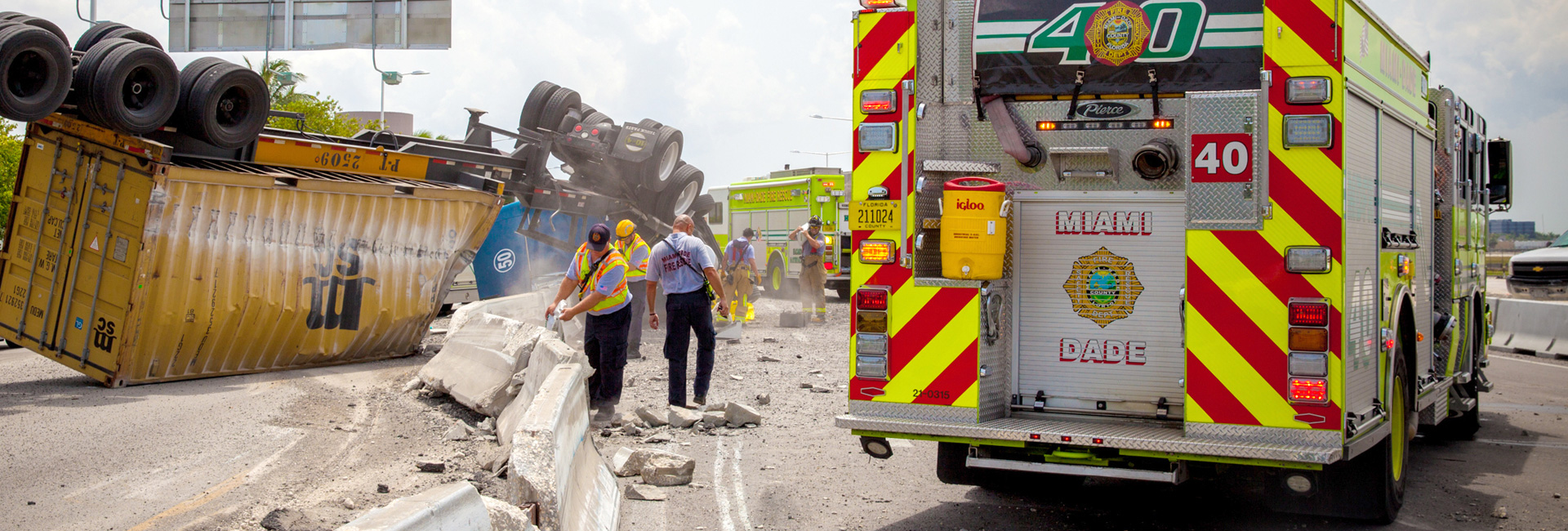Safety Tips: Electrical Hazards
Even though improved safety engineering on electrical products and strict enforcement of electrical codes have reduced electrical hazards, electrical shocks and fires still cause thousands of injuries and deaths each year. According to the U.S. Consumer Product Safety Commission, about 400 people die from electrocution annually, with wiring hazards—such as damaged or exposed wires, faulty household wiring, and overloaded circuits—accounting for 20 percent of these deaths.
Daily common actions like flipping a light switch, plugging in a coffee maker or charging your laptop computer or phone can pose a fire risk. Electricity is an essential part of daily life, but it can be dangerous if not handled properly. Aging electrical systems and increased power demands have contributed to a rising number of electrical fires. The National Fire Protection Association (NFPA) reports that electrical distribution or lighting equipment is one of the leading causes of home fires and fire-related deaths, with over 50,000 electrical fires annually, resulting in hundreds of deaths, thousands of injuries and billions in property damage.
Most electrical emergencies can be avoided with an increased awareness of electrical safety and regular inspections of home electrical systems. Follow these guidelines to keep your home safe:
- Replace damaged or deteriorating wiring to prevent short circuits and fires
- Avoid overloading outlets with too many appliances. Most outlets are designed for only two appliances and the wires behind those outlets can only handle a certain amount of current. Overloading them can be very dangerous, causing overheating and fires
- Use extension cords only temporarily. Never run them under rugs or furniture or nail them to walls
- Never attempt to fit a three-prong plug into a two-prong outlet by removing the ground pin (the third prong). Never force a plug into an outlet if it doesn’t fit properly. Instead, confirm that you are using the correct plug for the outlet, which should fit securely without any issues. Check outlets for loose-fitting plugs, overheating or missing/broken wall plates. Replace faulty outlets and use safety covers on unused outlets that are accessible to small children
- Install ground fault circuit interrupters (GFCIs) in kitchens, bathrooms, and outdoor outlets. GFCIs shut off power instantly when detecting an electrical fault, reducing shock risks
- Water and electricity don't mix! Never place plugged-in appliances near water. If a plugged-in appliance falls into water, NEVER reach in to pull it out, even if it's turned off. Turn off the power at the breaker before unplugging the appliance
- Outdoors: Electric tools should not be used in the rain, on wet grass, or in wet conditions. Always use tools with insulated grips and extension cords marked for outdoor use and rated for the power needs of your tools. When using ladders, watch out for overhead wires and power lines. Stay at least 10 feet from all lines
Unless you’re qualified and experienced, always hire a licensed electrician for repairs and upgrades. Even if you have experience, follow these safety basics:
- Always wear appropriate personal protective gear, including safety gloves and goggles
- Always turn off power at the breaker before working on electrical systems and test wires before touching them. When using wire connectors, be sure the insulation on the wires is completely covered by the wire connector
- Never use the ground wire as the neutral or circuit-carrying conductor. The ground wire is not designed to carry current continuously but briefly under an abnormal condition
- If your home is over 40 years old, has been recently renovated or has new major appliances, have an electrician inspect the system. Warning signs like flickering lights, frequently tripping breakers or loose outlets indicate potential hazards that need immediate attention
Regardless of how old your home is, you should always have a thorough understanding of the condition of its electrical system, including its capacity, limitations, and any potential hazards. An electrical inspector or a licensed electrician can assess your home’s electrical system to ensure the wiring is in good shape and that the electrical service can adequately meet the demand.

Fire Rescue
Raied "Ray" Jadallah
R. David Paulison Fire Rescue Headquarters
9300 NW 41st Street,
Miami, FL 33178-2414
786-331-5000
